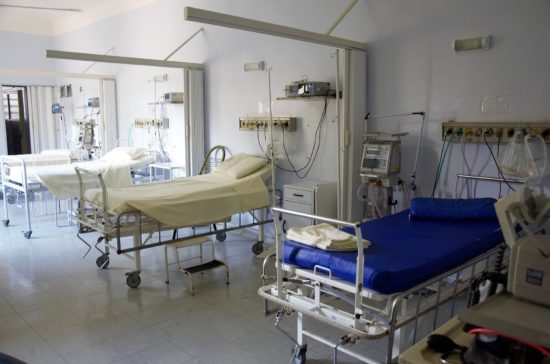Why a UK clinical trial could lead the way for antimicrobial resistance efforts
The way the coronavirus has affected our way of life and threatened global economic stability serves as an immediate reminder that when it comes to infectious diseases, it is impossible to understate the importance of preparedness.
While the AMR Centre’s focus, antimicrobial resistance (AMR), does not have the immediacy of the coronavirus viral pandemic, the ever-rising levels of drug-resistant bacterial infections around the world mean it is imperative we do everything we can to get ahead of the curve on AMR. Failing to do so, as charted by the UK government’s AMR review led by Jim O’Neill, would reverse decades of advances in treating infectious disease with antibiotics that now no longer work. No new, effective antibiotics would potentially lead to AMR claiming more lives than cancer, and would make even routine operations life threatening.
Antibiotic resistance is increasing to extraordinary levels throughout the world, with new resistance mechanisms constantly emerging, and damaging our ability to treat common infectious diseases such as pneumonia, tuberculosis, sepsis and gonorrhoea. All of these infections are becoming much more difficult – and in some instances impossible – to treat as the number of antibiotics that can provide adequate treatment grows smaller.
AMR NEWS
Your Biweekly Source for Global AMR Insights!
Stay informed with the essential newsletter that brings together all the latest One Health news on antimicrobial resistance. Delivered straight to your inbox every two weeks, AMR NEWS provides a curated selection of international insights, key publications, and the latest updates in the fight against AMR.
Don’t miss out on staying ahead in the global AMR movement—subscribe now!







